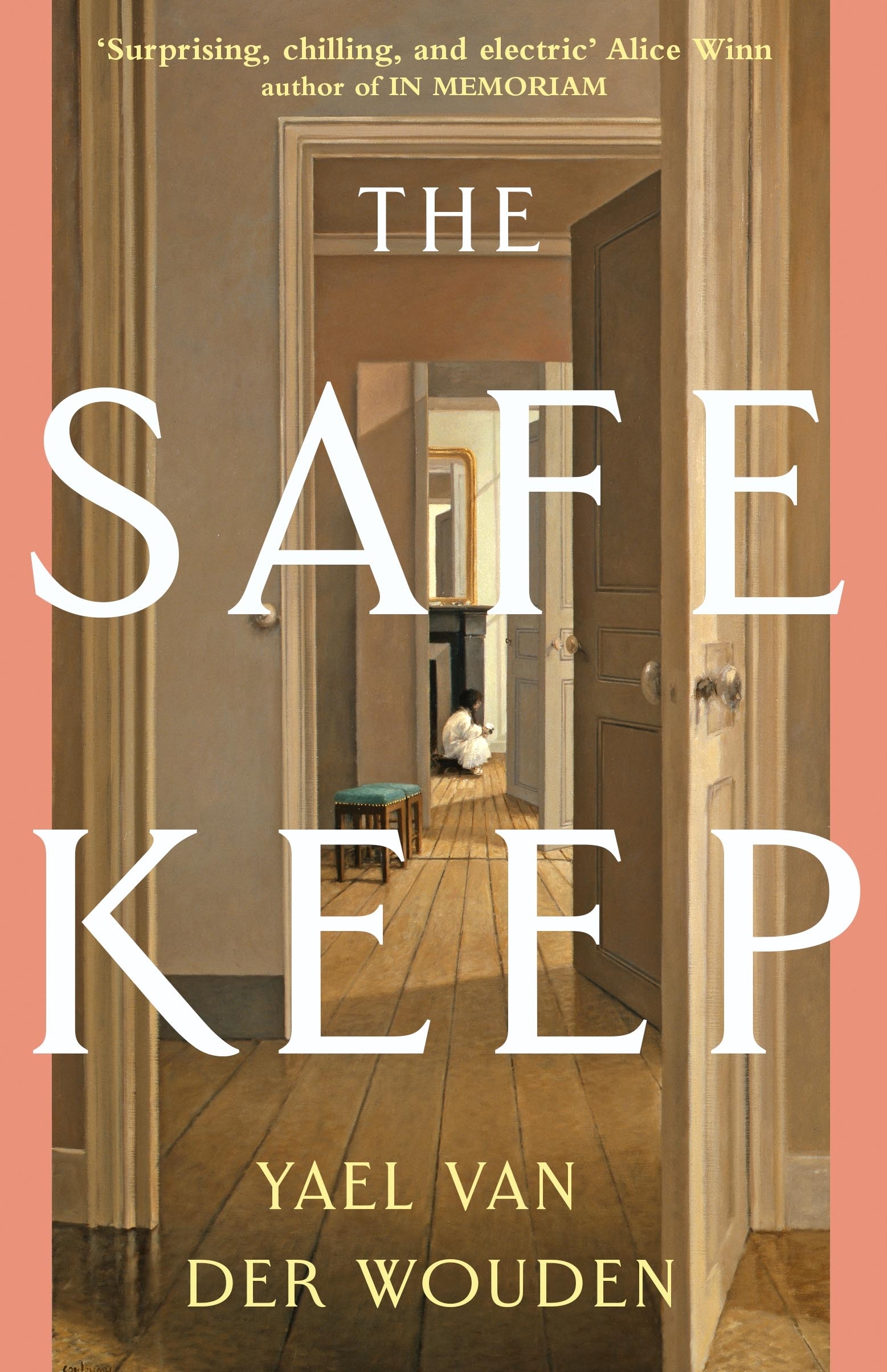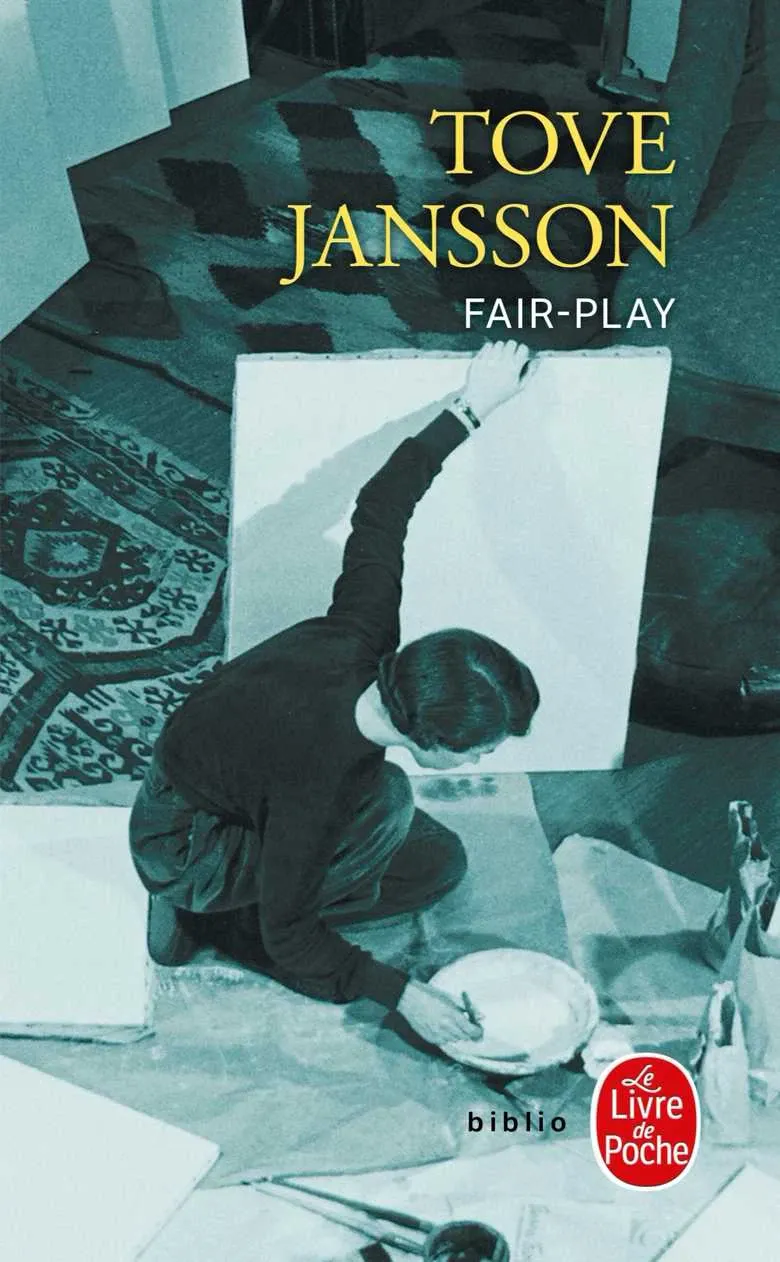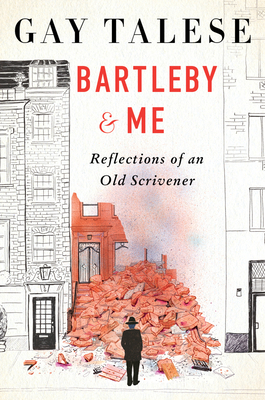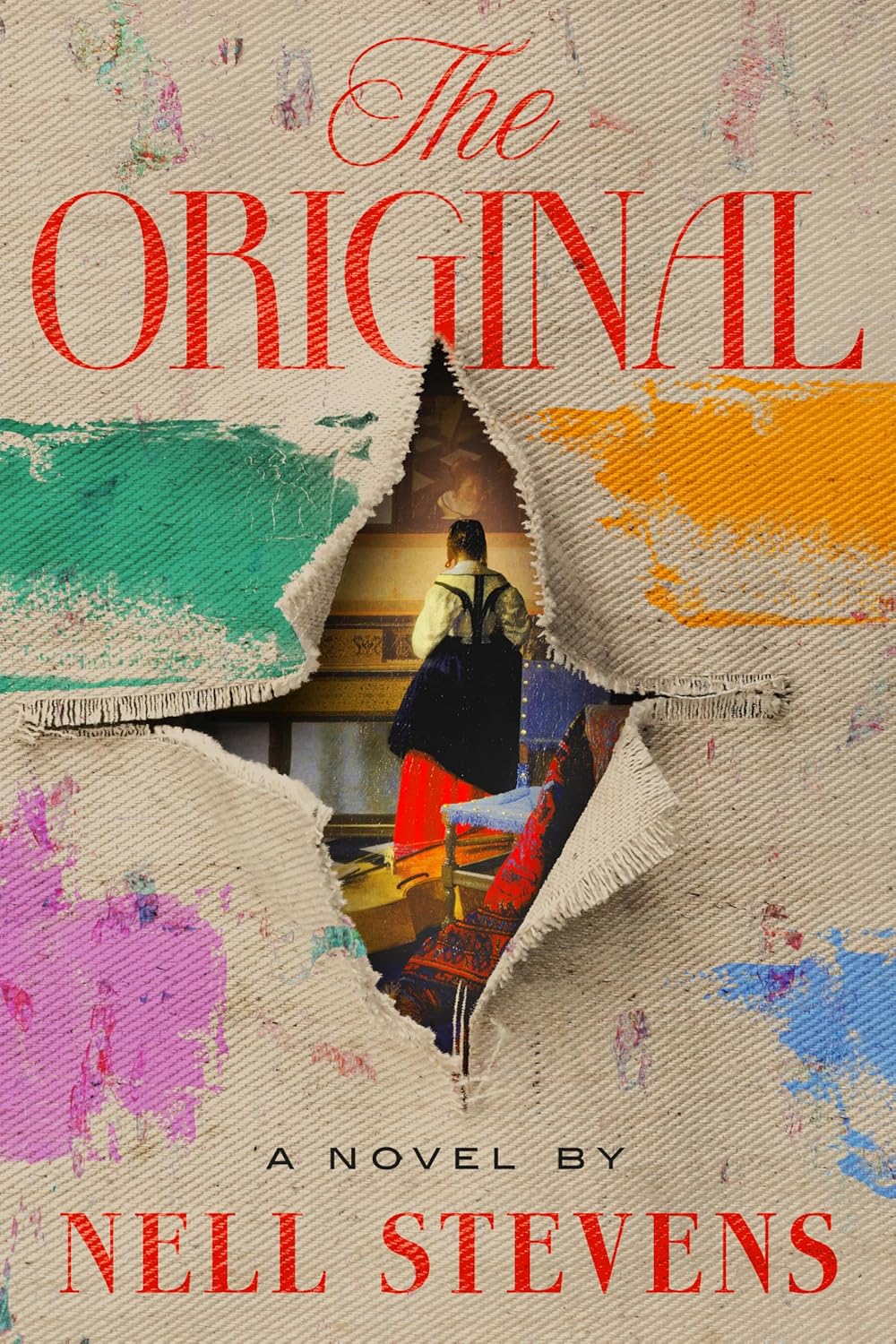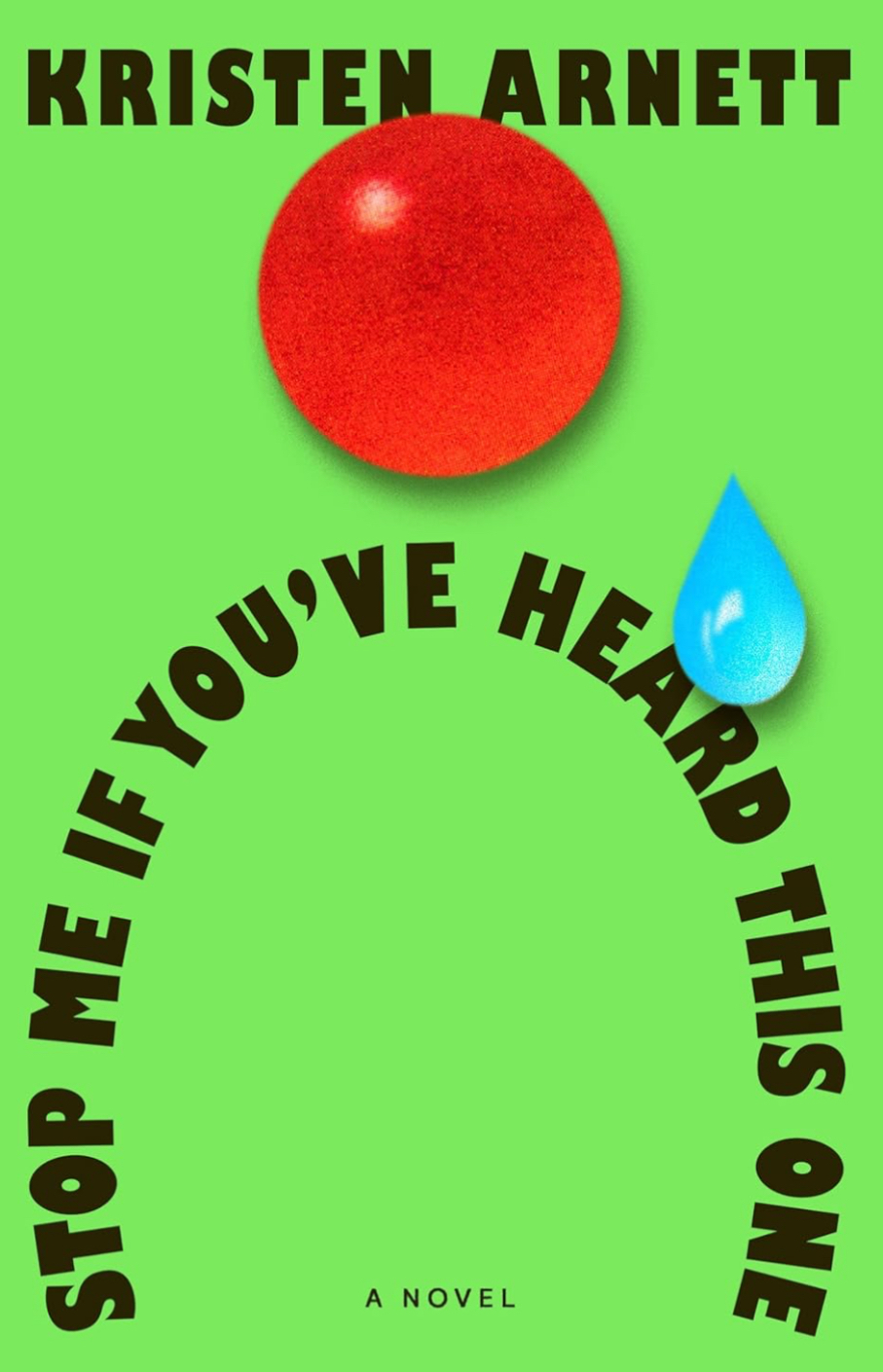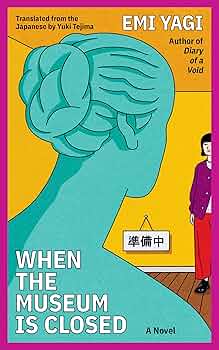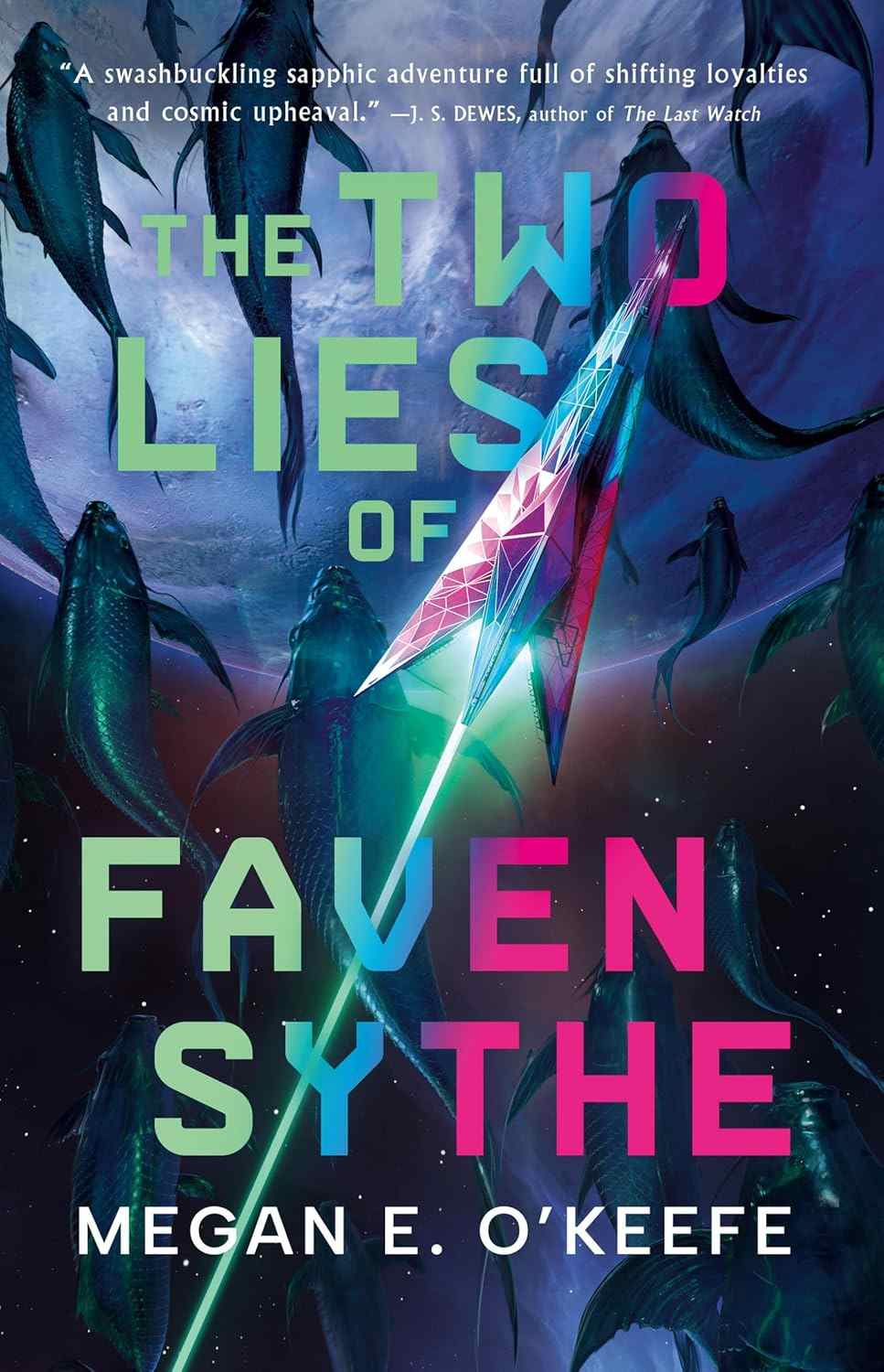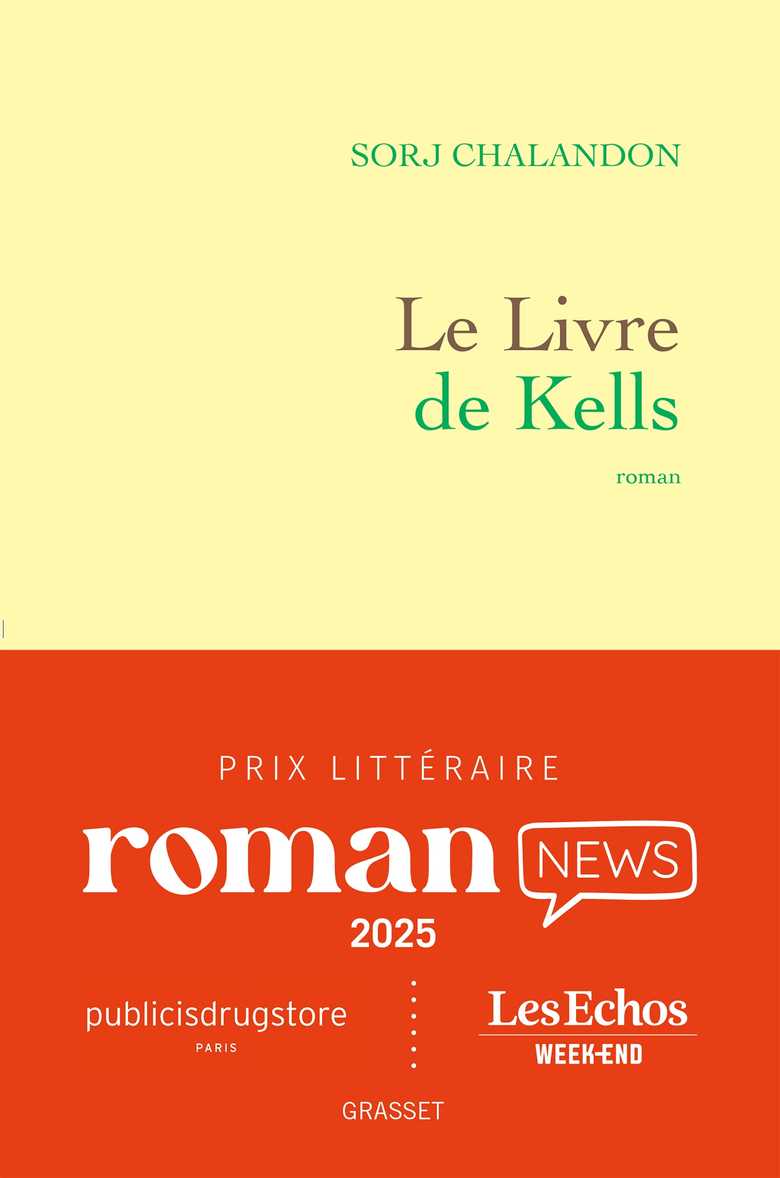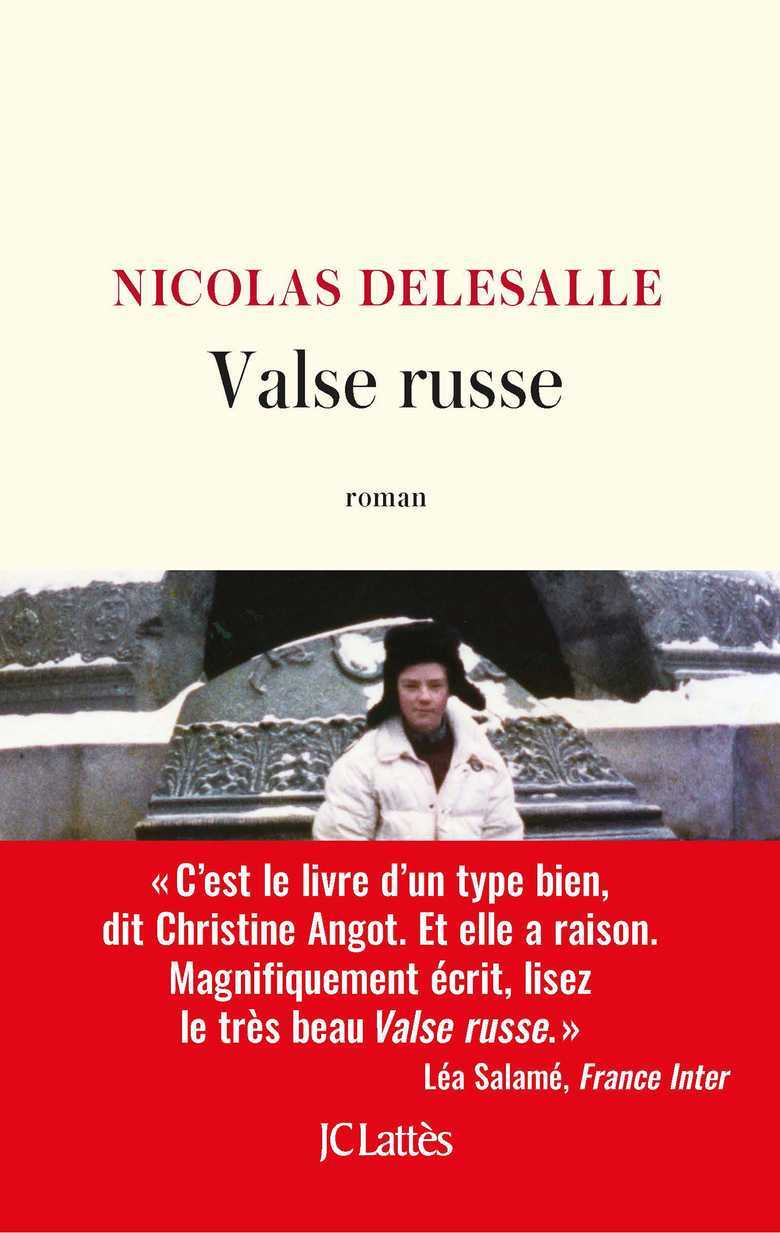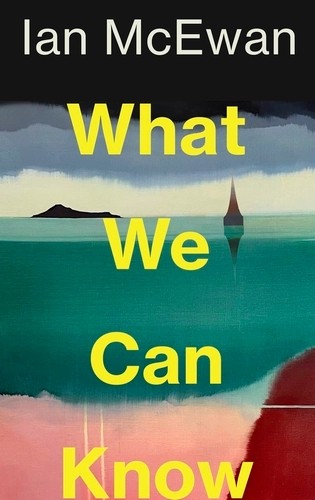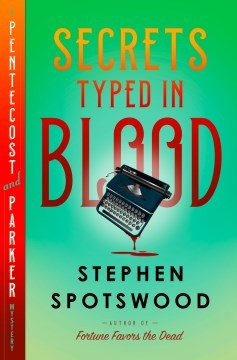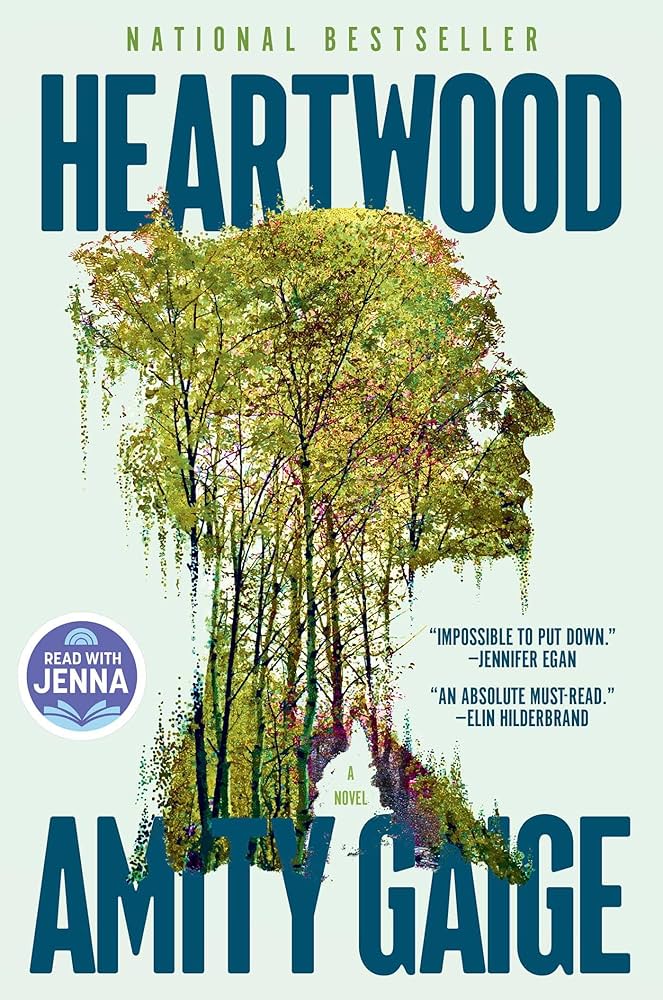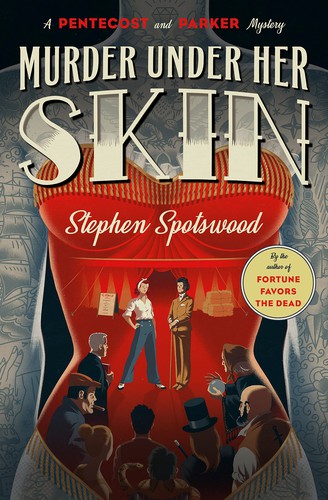ju a publié une critique de The Safekeep par Yael van der Wouden
Touching and really well-written
5 étoiles
A really well-written banger of a novel: it's mysterious, sexy, anchored in history. The characters aren't necessarily likeable at first, but their trajectory made of obsession, confusion, revenge and desire make for a incredibly compelling read. (I just have a minor qualm concerning one thing, but I can't say much without spoiling...)

